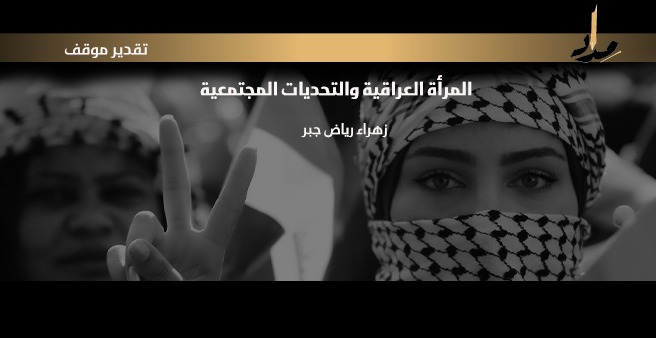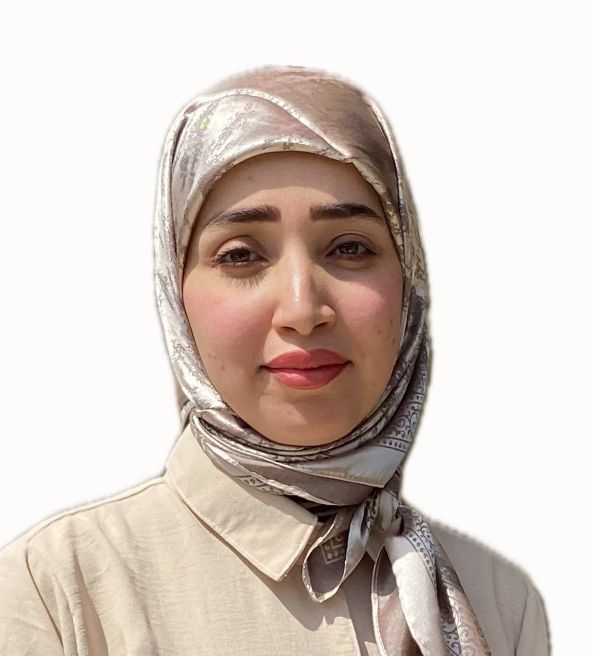 2025 / 12 / May
2025 / 12 / May
The Iraqi woman represents an important part of Iraqi society, as she has always played pivotal roles. Iraqi women have also moved within economic, social, and political institutions and beyond, in order to establish their role in society. However, they suffer from accumulated obstacles and challenges as a result of the economic and social conditions Iraq has experienced, with all cultural factors and historical changes intertwining to create a complex reality that imposes additional burdens on Iraqi women, both at the community and family levels. The aim is to shed light on the social and political conditions affecting Iraqi women and to seek appropriate ways to address some of the issues in achieving their effective role in society, as well as to examine the structural changes affecting Iraqi women and how they confront societal challenges over time and what their social roles are.
Iraqi women are considered the cornerstone of the Iraqi family, playing a role in social upbringing, participating in education and other professions such as medicine and engineering, as well as in charitable and social activities. There are some indicators of the social status of women:
Customs and Traditions: Women in Iraqi society are influenced by social and cultural customs and traditions that may restrict and limit their movement and opportunities within society. These customs have been ingrained since the establishment of the Iraqi state in 1921, as women live in a society governed by norms that strictly limit their roles, viewing women as the foundation of the family, which in turn restricts their freedom to make decisions or participate in public life.
Work: Iraqi women contribute to the labor market, but at lower rates compared to men. They face challenges and obstacles in obtaining decent job opportunities due to discrimination and the lack of supportive policies for employing women in suitable positions. Women also lack training and qualification opportunities to improve and develop their skills and increase their chances of employment.
Education: Despite improved education rates for women in Iraqi society over the past decades, many girls still suffer from being deprived of their right to education, which is one of their most basic natural rights, especially in rural areas for several reasons, including poverty or tribal customs and traditions, which affects their opportunities for personal and economic growth.

Political researcher